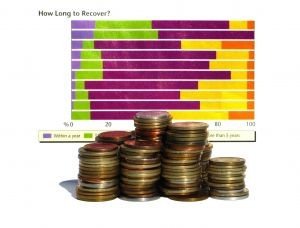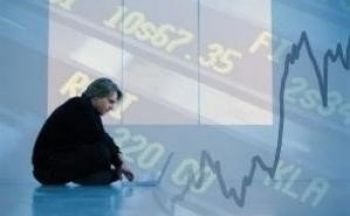Sentiment analysis
Sentiment Analysis is primarily a vehicle for the long-term investor, but also to some extent for the short-term trader who wants to unruly in plenty of different ways to analyze the market.

Every trader in the foreign exchange market have their own personal views about the market. The trader think about the market affects how he acts in the market.
Market Sentiment is the total combined "feeling" that the participants in the market about the market.
analysis of market sentiment is what we call sentiment analysis.
But how can we analyze and measure what people are saying about the market?
When a trader buys euros and sell dollars, he says that he believes that the euro will strengthen against the dollar. If tens of thousands of traders worldwide desperately trying to get rid of (sell) dollars, it tells us that these traders have little faith in the dollar ahead.
As previously mentioned, it is not possible to know how much of the different currencies are traded.
daily volume in the foreign exchange market is unknown. Therefore, we must find other ways to find out what is popular to buy and sell lately.
Commitment of Traders Report provides a good indication of trades in currency market. There is no adequate substitute for volume data, but still better than nothing. The report does not apply to foreign exchange market, but for the futures market. It's the closest you can get volume data in the foreign exchange market (at least in the spot market where forex traders trades).
Report shows long and short positions for commercial and non-commercial actors (traders and speculators) in the market.
Sentiment Analysis is just another investment tool. Just as chef necessarily won't be cooking better food with more cooking utensils, trader might not succeed just by using sentiment analysis.
If you think sentiment analysis seemed a bit too complicated or vague, just forget it. Many pro traders in the forex market using only technical analysis and / or fundamental analysis and achieved great success with it.



